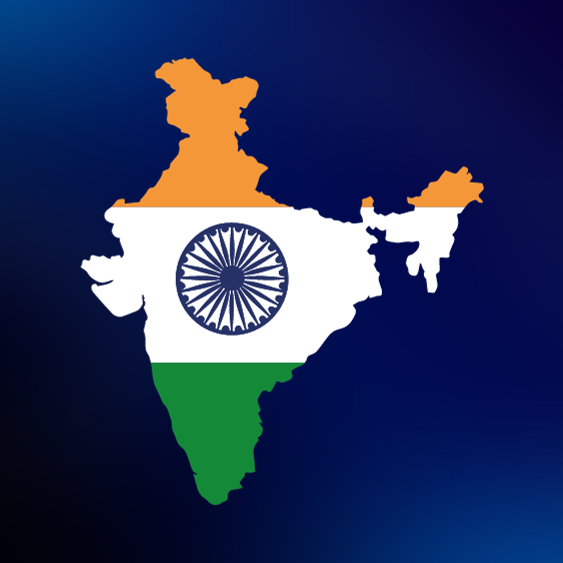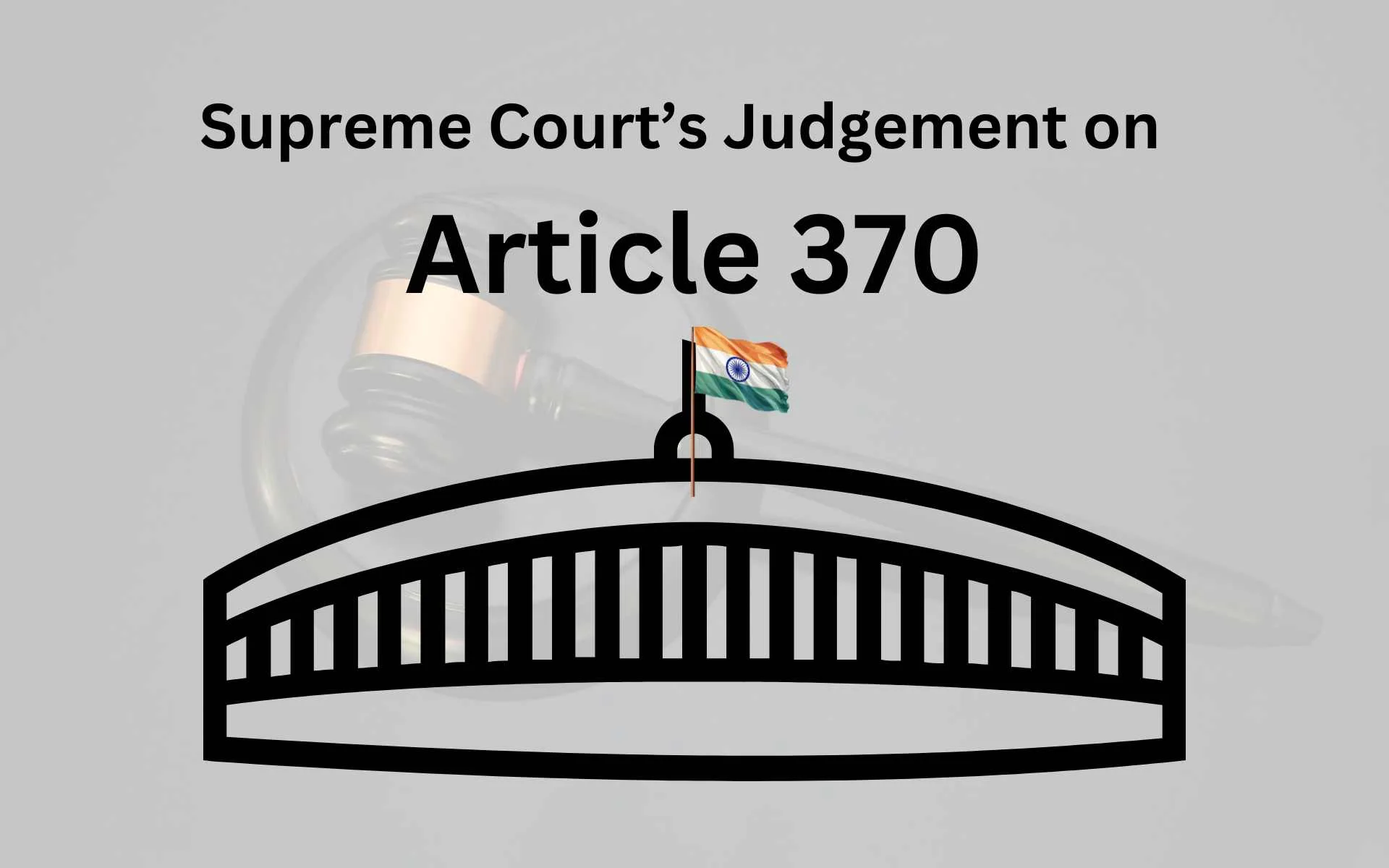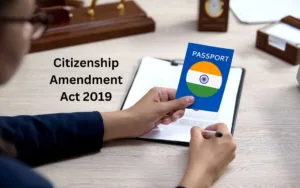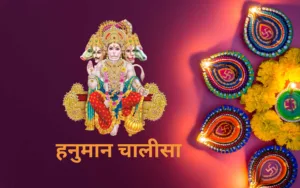The Supreme Court has decides unanimously that the amendment of the Article 360 by the Narendra Modi-led NDA Government in the Indian Parliament on 5-6 Aug 2019 was valid.
Article 370 was amended by the Indian Parliament on Aug 05, 2019 to remove all the special powers given to the state of Jammu and Kashmir.
Table of Contents
Summary of the Judgement
- Power of President to remove Article 370 Valid
- President did not need anyone’s recommendationswhether State Assembly or Union Govt
- Elections to be conducted at the earliest and before 30 Sept 2024.
- Article 370 was temporary provision based on its reading and its historical context.
- It served two interim arrangements
- to run the state till the constitution is formed
- and due to the war scenario
- Setup of commission to study human rights violations by the state and non-state elements in the Jammu and Kashmir.
Verbatim Quote of Chief Justice DY Chandrachud
“We have held that Article 370 is a temporary provision on a reading of the historical context on the basis of which it was included. Article 370 was introduced to serve two purposes.
First, the transitional purpose, to provide for an interim arrangement until the constituent assembly of the state was formed and could take a decision on the legislative competence of the Union (Central Govt) on matters other than the ones stipulated in the Instrument of Accession and ratify the constitution.
And second, a temporary purpose and interim arrangement in view of the special circumstances because of the war conditions in the state.
We have held that a textual reading of the Article 370 also indicates that it is a temporary provision. For this purpose we have referred to the placement of the provision in the Part 21 of The Indian Constitution which deals with Temporary and Transitional Positions. The marginal note to the provision which states temporary provision with respect to the state of Jammu and Kashmir and a reading of Article 370 and 371 by which the state became an integral part of India upon the adoption of the constitution.
Human Rights Violations
Justice SK Kaul said that there will be a commission which will study the human rights violations in the state by anyone whether state or non-state actors since 1980.
Response
PM Narendra Modi
The Prime Minister Modi responded by saying that the Supreme Court decision on Article 370 is a constitutional stamp of approval on the decisions taken by Indian Parliament in 2019.
The PM also said that the current government strives to fulfil the dreams of Jammu, Kashmir and Ladakh with prosperity and developmental works.
Today’s decision as per him was not only a judicial validation but also a ray of hope for a brighter future.
What was the Article 370 Before and After Amendment

370. Temporary provisions with respect to the State of Jammu
and Kashmir.
(1) Notwithstanding anything in this Constitution
(a) the provisions of article 238 shall not apply in relation to the State of
Jammu and Kashmir;
(b) the power of Parliament to make laws for the said State shall be limited
to
(i) those matters in the Union List and the Concurrent List which, in
consultation with the Government of the State, are declared by the President
to correspond to matters specified in the Instrument of Accession governing
the accession of the State to the Dominion of India as the matters with respect
to which the Dominion Legislature may make laws for that State; and
(ii) such other matters in the said Lists as, with the concurrence
of the Government of the State, the President may by order specify.
(c) the provisions of article 1 and of this article shall apply in relation
to that State;
(d) such of the other provisions of this Constitution shall apply in
relation to that State subject to such exceptions and modifications as the
President may by order specify:
Provided that no such order which relates to the matters specified in the
Instrument of Accession of the State referred to in paragraph (i) of
sub-clause (b) shall be issued except in consultation with the Government of
the State:
Provided further that no such order which relates to matters other than
those referred to in the last preceding proviso shall be issued except with the
concurrence of that Government.
(2) If the concurrence of the Government of the State referred to in
paragraph (ii) of sub-clause (b) of clause (1) or in the second proviso to
sub-clause (d) of that clause be given before the Constituent Assembly for the
purpose of framing the Constitution of the State is convened, it shall be placed
before such Assembly for such decision as it may take thereon.
(3) Notwithstanding anything in the foregoing provisions of this article,
the President may, by public notification, declare that this article shall cease to
be operative or shall be operative only with such exceptions and modifications
and from such date as he may specify:
Provided that the recommendation of the Constituent Assembly of the
State referred to in clause (2) shall be necessary before the President issues
such a notification.
Article 370 Bare Act After Amendment
- All provisions of this Constitution, as amended from time to time,
without any modifications or exceptions, shall apply to the State of Jammu and
Kashmir notwithstanding anything contrary contained in article 152 or article 308 or
any other article of this Constitution or any other provision of the Constitution of
Jammu and Kashmir or any law, document, judgment, ordinance, order, by-law, rule,
regulation, notification, custom or usage having the force of law in the territory of
India, or any other instrument, treaty or agreement as envisaged under article 363 or
otherwise.
How was the Amendment Carried Out?
For purposes of the Article 370, the Governor which earlier meant “Sadr-i-Riyasat” (Maharaja of Jammu and Kashmir) as the chief was to be referred as the Governor.
For the purposes of the Article 370, the Constituent Assembly was to be read as the “(Jammu and Kashmir) Legislative Assembly”.
Since the assembly was dissolved as on 5 Aug 2019 – till date, the powers of the assembly was conferred to the Indian Parliament which would be capable of making decisions on behalf of the state as per.
What are Temporary, Transitional and Special Provisions in the Indian Constitution
The articles 369-392 are the Temporary, Transitional and Special provisions of the Indian Constitution which deals with the states of:
- Jammu Kashmir – Article 370
- Maharashtra and Gujrat – Article 371
- Nagaland – Article 371A
- Assam – Article 371B
- Manipur – Article 371C
- Andhra Pradesh – Article 371D, Article 371E and Article 378A
- Sikkim – Article 371F
- Mizoram – Article 371G
- Arunanchal Pradesh – Article 371H
- Goa – Article 371I
- Karnataka – Article 371J
- Article 372 states that laws in the states shall continue in existence.
- Article 372A gives powers to the President to adapt laws.
- Article 373 gives power to the President to make orders in respect to people under Preventive Detention in Certain Cases.
- Article 374 allows judges of the Federal Court (Supreme Court) and proceedings pending in the Federal Court and before His Majesty.
- Article 375 deals with continuation of courts, authorities and officers subject to the provisions of Indian Constitution.
- Article 376 deals with the provisions of the Judges of the High Courts.
- Article 377 deals with the provisions related to the Comptroller and Auditor General.
- Article 378 deals with the provisions relating to the Public Service Commissions.
- Article 378A deals with the special provisions related to the duration of the Andhra Pradesh Legislative Council (State Assembly).




